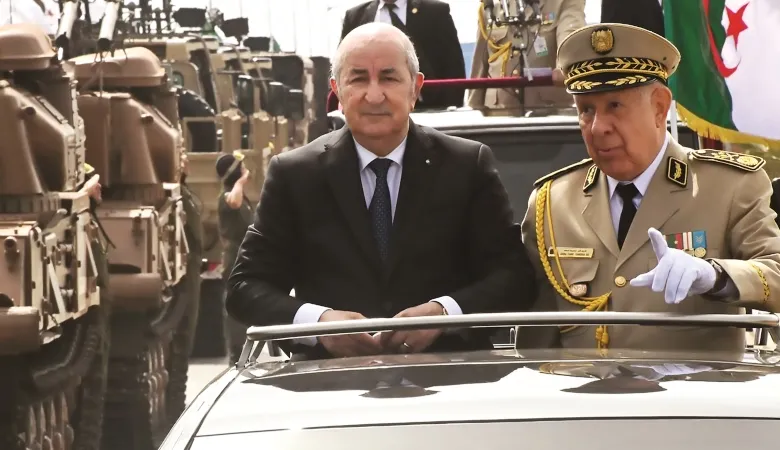In his analysis of King Mohammed VI’s speech on Wednesday, November 6, Professor Ahmed Dardari stated that His Majesty’s speech on the 49th anniversary of the Green March was brief in duration but focused on core points.
According to Dardari, one of the main points was His Majesty’s affirmation that Morocco is firmly connected to its Sahara and that the Sahara is inherently part of Morocco. The King stressed cooperation with the United Nations while holding it accountable to avoid any unwanted repercussions. Dardari noted that the “enemies” — the adversaries of Morocco’s territorial unity — are not at ease, as they seek to claim what is not rightfully theirs.
Dardari added that, instead of extending an open hand, the King has now taken the initiative, putting the responsibility on the Algerian military regime, describing it as stagnant and disconnected from legitimate rights. Dardari argued that the real issue is the Algerian people, as the military regime should be addressing their developmental rights. He questioned how this regime could demand a referendum when the refugees in camps are living in dire conditions, far below humanitarian standards. He emphasized the need to register these inhabitants, as their conditions do not align with international humanitarian law or human rights.
According to Dardari, the bond between Morocco and its Sahara is unequivocal, leaving no room for discussion, negotiation, or bargaining over territorial integrity. He continued by stating that the entire situation has now been exposed: the Algerian military regime seeks an outlet to the Atlantic, hoping to achieve it at the expense of Morocco’s territory, a goal that is now clear to all and entirely unacceptable.
He emphasized, “The Sahara is Moroccan, and Morocco’s land extends from Tangier to Lagouira. Any access should be within the framework of agreements ratified by Atlantic-coast African nations.” He noted that Morocco has even granted Burkina Faso, Niger, and Mali access through legally defined agreements, as opposed to forcefully seizing others’ lands. The military regime, Dardari argued, covers its shortcomings and neglect of the Algerian people’s rights by engaging in a fabricated crisis to justify spending resources elsewhere instead of investing them in the Algerian people, who deserve these funds far more than separatist agendas.
Dardari further stated, “If they truly wanted an outlet, they could have approached Morocco diplomatically.” He continued, “The King’s outstretched hand was offered for legitimate demands, not for an embrace without respect for Moroccan sovereignty. The military regime’s stubbornness reflects its rigidity.”
Dardari pointed out that when we consider international law principles, it becomes clear that the fabricated Sahara conflict has exploited these principles. For example, decolonization requires specific conditions, such as the colonizing state being European — which Morocco is not. Moreover, the Sahara was never an independent state, lacking diplomats, consulates, treaties, a state archive, or legal systems that would signify statehood.
Another criterion of decolonization involves a population exceeding 300,000; the Tindouf camps house only 79,000, and there are 1,937 Moroccan separatists, which is inconsistent with international law. Furthermore, the Sahara has always been connected to Moroccan sultans, who historically appointed local leaders. Therefore, Algeria’s claims have no legal or historical foundation.
Dardari concluded that the real goal for Algeria should be to pursue sound policy by investing in the Algerian people’s welfare. He also highlighted that King Mohammed VI has warned the Algerian military regime of the dangers of its obstinate and rigid stance, which is incompatible with wise governance. He exposed the hidden motives behind Algeria’s failed gamble to undermine Morocco’s unity, at the expense of Algerians’ rights.
